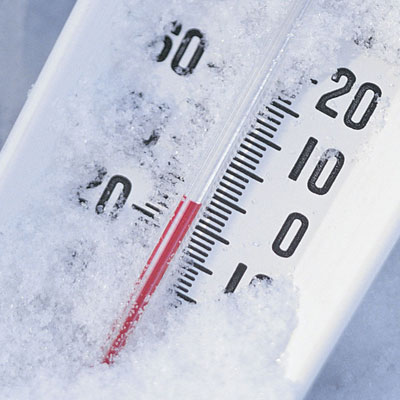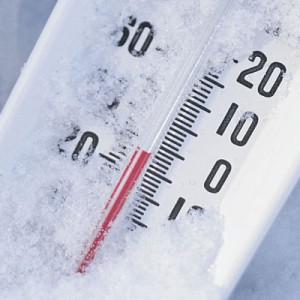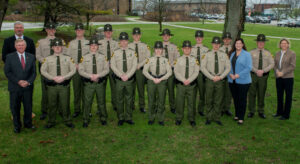Older Ohioans at Increased Risk for Complications from Extreme Cold

Ohio Department of Aging Encourages Ohioans to Check on Older Loved Ones, Neighbors
 OHIO – The winter of 2014 has brought to Ohio colder temperatures and wind chills than seen in many years. The Ohio Department of Aging reminds all Ohioans that bodies react differently to extreme conditions, especially for those who are older.
OHIO – The winter of 2014 has brought to Ohio colder temperatures and wind chills than seen in many years. The Ohio Department of Aging reminds all Ohioans that bodies react differently to extreme conditions, especially for those who are older.
Among other factors, older adults are at higher risk from extreme cold because they tend to lose body heat more quickly and are more likely to take medications that affect their ability to regulate body temperature. As a result, they are at higher risk for complications from hypothermia, frostbite and other cold-weather illnesses and injuries.
When the mercury plunges, call or visit older friends, neighbors and loved ones to ensure they have what they need to stay warm and healthy. Things to check include:
Are they staying warm? Is their heating system working properly and set at reasonable temperature? Are they using portable heaters safely? Do they have an adequate supply of fuel, if appropriate?
Do they need medical attention? Do they have symptoms of cold-related illness (e.g., shivering, exhaustion, confusion, memory loss, slurred speech or white/grayish skin color)? Do they depend on oxygen? Are they out of or running low on any medications or medical supplies? Have they fallen?
Do they have an adequate food supply and a safe way to prepare meals? Do they have non-perishable food that can be prepared without electricity? Do they have plenty of clean drinking water?
Can they get help if they need it? Do they have access to a phone that works, even if the power goes out? Do they know who they will contact if they need assistance?
How to assist an older adult who appears to need help:
Always treat adults like adults.
Be friendly, calm and reassuring. Make eye contact, speak slowly and distinctly.
Use positive language. Instead of: “Don’t go there,” say: “Let’s go here.”
Avoid “challenging” questions. Instead of: “Do you know where you are?” say: “I’m glad I got to visit you in your home today. Can I help you with something?”
Ask open-ended questions. Instead of: “Can I help you?” ask: “What can I help you with today?”
Redirect, don’t correct. When someone is confused, he may think you are someone you aren’t. Say: “I haven’t seen ‘Joe,’ but my name is _____. Can I help?”
Remember: Confusion and disorientation can be symptoms of hypothermia, dehydration or stress, and may have nothing to do with the person’s age. If someone seems ill, call 9-1-1.
Ohio’s area agencies on aging stand ready to assist older Ohioans during extreme weather, according to the Ohio Department of Aging. According to the agency, they can provide services and link individuals to local resources for food, warming centers and other help. Call 1-866-243-5678 to be connected to the agency serving your community, or visit www.aging.ohio.gov for contact information.
Additional information can be found by following the Ohio Department of Aging on Facebook and Twitter for more cold-weather safety information.
The Ohio Department of Aging works to ensure that Ohio is on the leading edge of innovation in responding to the growing and changing aging population. The department works with state agencies, area agencies on aging and other local partners to help integrate aging needs into local plans and ensure that aging Ohioans have access to a wide array of high-quality services and supports that are person-centered in policy and practice. Their programs include the PASSPORT Medicaid waiver, the long-term care ombudsman program, the Golden Buckeye Card and more. Visit www.aging.ohio.gov for more information.






